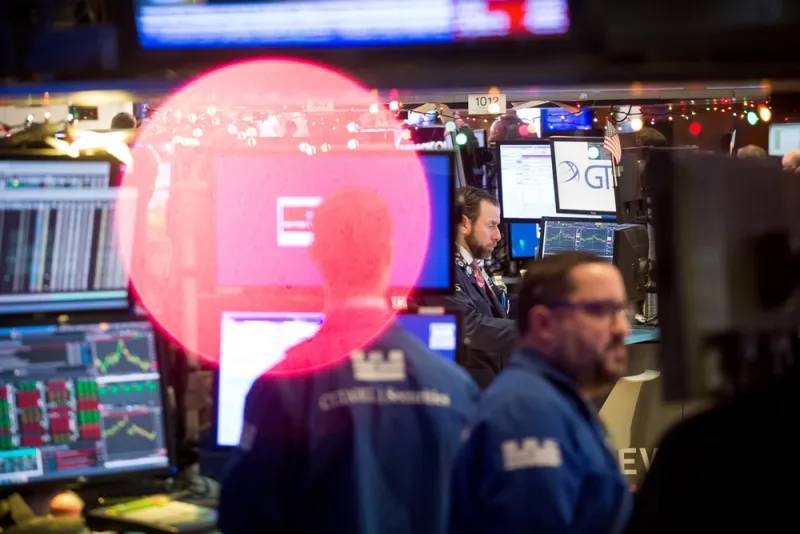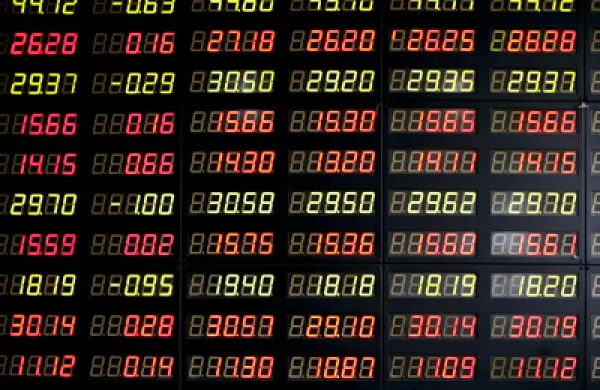Most actively managed U.S. equities mutual funds are failing to consistently produce top results over the past five years, a track record that does little to convince investors to move their money from passive strategies, according to an S&P Global report.
Only about seven percent of the 550 domestic equity funds in the top quartile at the end of September 2016 remained there two years later, S&P Global said in a research report released Tuesday. Actively managed funds fared even worse trying to keep their status over a longer stretch of time.
“Demonstrating the ability to outperform peers repeatedly is the one way to differentiate a manager’s luck from skill,” Berlinda Liu and Aye Soe, who work in the S&P’s research and design group, wrote in the report. “Relatively few funds can consistently stay at the top.”
It’s more probable that the best-performing active funds will become the worst performers than chances of the inverse happening, according to the report. The “death” rate for funds in the bottom quartile is more consistent, with S&P finding that about 32 percent of bottom-performing U.S. large-cap equities funds were liquidated or merged over five years.
S&P said that 6.6 percent of large-cap funds remained top-quartile performers over the three years through September, compared to about 4 percent of mid-cap funds and 7.7 percent of small-cap. U.S. equities funds had a harder time keeping their top-quartile position over five years, with those focused on small and mid-sized companies completely failing to do so.
Only 1.43 percent of all domestic mutual funds investing in stocks were persistent top performers for five straight through September 2018, the report shows.
[II Deep Dive: Active Managers May Soon Have Another Enemy]
Passive funds that track broad indexes have become popular with investors because they’re cheaper than actively managed funds and have a track record of outperformance in recent years.
“When it comes to the active versus passive debate, one of the key measurements of successful active management lies in the ability of a manager or a strategy to deliver above-average returns consistently over multiple periods,” Liu and Soe wrote in the report.







